There are so many health gurus out there, who want to convince you of their one and only diet, type of exercise, relaxation technique, routines and habits. They all do have a right to spread their unique message – a message that works for them and sometimes even bares with it scientifically proven evidence. One or another concept might work for you as well; maybe it depicts exactly those eating behaviours you’re thriving on. But what works for you might be a completely wrong way for me…
Although we are all human beings with a digestive tract, a biochemistry within our cells, needing air to breath and produce energy to thrive, at the same time we are very unique individuals. Meaning different. No one has the exact same genetics, the exact same fingerprint. We don’t all live in the same place on earth. We’re getting older with time and undergo specific phases of life. So, it would be weird to assume that every single person on this planet should follow the exact same diet, wouldn’t it?
Nutritional guidelines, which stem from big dietary organisations, can be regarded as hints that probably work best for the broad mass. Nevertheless, it is our job to find out on which foods our body really thrives. What it really needs to be in its best state of vitality, filled with energy. And this journey is just your very own one; so don’t start comparing yourself to others.
“Comparison is an act of violence against the Self.”
(Iyanla Vanzant)
Be honest with yourself. Listen to your body, your intuition. Start experimenting with foods. Therefore, the before-mentioned guidelines and “gurus” might support you. But be careful and don’t take everything too serious. There is only one single expert, who knows what’s best for your health: that’s yourself!
In this article, I want to explore a few factors that may influence your dietary habits; that you should probably keep in mind when it comes to finding your unique way of eating. Sounds good? So, let’s dive right into it! Enjoy reading! 🙂
~ Bio-individuality: what’s it about? ~
The concept of bio-individuality supports the fact that each of us has unique needs in regards to food and lifestyle. You’ll probably have recognised that your intuitive food preferences, times of eating and digestibility differ more or less from that of your partner, parents, sister, children or friends. A bio-individual nutrition pays attention to a combination of numerous, ever-changing factors. Some foods will nourish you very well in a specific stage of life, while others will rob your energy instead of giving it to you. But the foods that enable you to thrive might throw me out of balance: this is where uniqueness comes into play.
The question on “what are healthy foods” can be regarded in relative terms, as one certain food might be scientifically proven as very healthy according to its nutritious profile, but you may struggle with digesting it properly. There is a range of “healthy” foods out there; one may fit your needs, the other may not, at least not in a specific stage of your life.
It seems to be quite tricky, for you are supposed to be completely honest with yourself and your body’s needs. I’m not claiming that one person thrives on burgers, pizza and soft drinks, whereas the other person is adequately sustained on a raw food, liquid based diet or even thrives as a breatharian. Generally, the differences between us human beings are not “that” big.
“The body knows what to eat. It’s the brain that makes mistakes.”
So, this concept relates to a very intuitive kind of eating. Going internally, listening to your body’s needs and not paying too much attention to what someone outside is telling you to do. Plus, it supports the holistic approach on going your own journey, becoming your own expert in finding a way of eating that feels best for you.
~ Body type and Metabolism (Ayurvedic Doshas) ~
The ancient Indian tradition of Ayurveda distinguishes between three different types of bodies; they call it “dosha” or “constitution”. These are principally the energetic forces of nature, based on the five elements air, space, water, fire and earth. The Ayurvedic tradition groups the five elements into three basic types of functioning principles, which also are present everywhere, called the Doshas. Moreover, our bodies are made up of these three doshas, called Vata, Pitta and Kapha.
- Vata: air + space
- Pitta: fire + water
- Kapha: earth + water
Each of us does contain varying proportions of each dosha, but naturally one or two types in dominance. This natural dosha represents us in our healthiest, most balanced state, rather than in an imbalanced state.
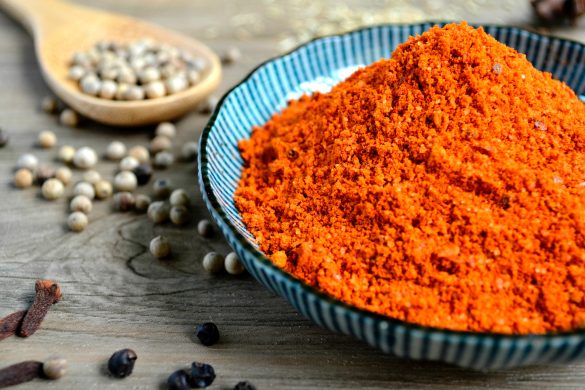 Ayurveda is a sister philosophy to yoga.
Ayurveda is a sister philosophy to yoga.
It is the science of life or longevity and it teaches about the power and
the cycles of nature, as well as the elements.
(Christy Turlington)
The three doshas depict our body image, externally as well as internally. It refers to skin, face, hair, weight and height, bones, muscles, digestion (a very important topic), nervous system, appearance, character traits, etc. Whereas a Vata type of person is naturally lean and more fragile, not that resilient and struggles with digestion, a Pitta person has this fiery temperament with strong digestion and a great amount of self-confidence. Lastly, a Kapha person easily puts on weight, but has this very calm, peaceful and resilient type of character.
According to this theory, each dosha has a different dietary and lifestyle need to become in balance with the other two doshas. So, Ayurveda has a rather individualised approach when it comes to nutrition. It defines health as a dynamic state and not only the absence of disease, as is pretty much the idea of our western medicine.
For example, the dominating Vata person needs a more grounding kind of diet, they can eat more sweet and starchy foods and should have regular meals in order to avoid the catabolic state. Pitta people have this strong agni (digestive fire), they can eat more protein which is harder to digest; but they should take care of hot spices, which can lead to an imbalance. And a Kapha person burns less calories than the other doshas, which is why they do not do too well with snacking, yet can do very well with intermittent fasting. Healthy complex carbohydrates, lots of veggies with a great amount of fiber is a perfect way of eating for Kaphas.
~ Age and lifestyle ~

Being in different stages of life may require different nutritional needs, so a teenager will eat differently than someone aged older. The food that work well for a baby after weaning off will probably not adequately meet the needs of a teenager or a busy working man. The process of growing up requires a greater amount of energy and nutrients, enabling us to sustain this energy in later years as we grow older. The same applies to a pregnant or lactating woman, who needs a greater amount of calories and nutrients than a menopausal woman. So, what we require in terms of nutrition does not only differ between people, but also within our own life cycle.
Another important factor when it comes to nutritional needs is the physical activity and our overall lifestyle. As for example the famous raw food advocate, Dr. Douglas Graham, recommends his ultimate 80/10/10 diet consisting of mostly fruits, I’d personally say this form of eating works best for athletes or at least pretty active people, as Dr. Graham himself. So am I at this time of my life. But I would not completely agree in saying everyone thrives on this low-fat, high-carb raw vegan diet.
~ Seasonal differences ~
Another factor that might play an important role when it comes to the choice of a right meal, is the climate and the seasonal changes. At least according to your experience, you’ll have found yourself making different food choices during summer or if you’re spending time in an equatorial region, than you would in the cold winter time. This happens for a reason, as your physiology has to adapt to outer influences. The recommendation of eating regional and seasonal foods has multiple reasons as it is the most natural, healthy, sustainable and eco-friendly way to go.
~ Thoughts and mindset ~
Your food choice, the ability to digest and receive energy from your meals, depends to a great amount on your relationship to food. We were all raised up in a specific environment, we got set different examples of eating patterns according to different traditions and lifestyles. We made experiences, good and bad ones; we’ve built up habits; and habits represent our lifestyle, our personality; habits represent us.
As the term “mind over matters” teaches us, everything starts with our thoughts. I don’t want to neglect the fact that everyone has a unique body, an individual metabolism and all these influencing factors I mentioned above. But what we should not forget is: how do we react to these circumstances? How do we handle them? How do we “think” about them?
Eating is actually a very intimate, emotionally bounded and “internal” act: while we eat, we’re communicating very tightly with our body in a physical way. Our internal world reflects our eating behavior.
Mindfulness is the key to reach a rather intuitive eating behavior. But not only during the very act of taking in your meals; also within your all day life. As I said: your emotions are closely bounded to your eating behavior. Thus, if you’re not living and feeling your emotions, if you’re suppressing and neglecting them, they may start to control you … and nevertheless, show up in an undesirable behavior to compensate this inner conflict. And food is a very “easy way” to replace this lack of congruency, as we have to do it day by day.
~ Should everyone become vegan? ~
Veganism is a very broad term and simply says you do not consume anything that comes from an animal. But following a vegan diet may look very different for each indivudal. It may include more raw or more cooked foods, more carbs or more proteins, more or less fats, it might but must not be gluten-free, it might me a whole food or a rather processed food diet – everything is still vegan!
A whole food plant-based diet is the basis of every recommendation coming from the big dietary organisations. So, animal foods should always be seen simply as a possible addition to your basis of plant foods.
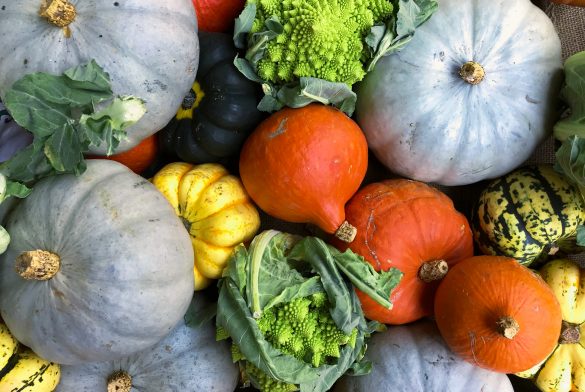 I simply can speak from the base of my knowledge, my personal experiences and those of the people I talked to. I’m pretty sure that these health-promoting plant foods serve all of us. The food choices we’re making contribute massively to our planet and other living beings. Simply speaking out of a health perspective, there is a lot of evidence that vegans probably are in a superior state of well-being. That every single person on this planet thrives on their best with a 100% plant based diet in every single state of their life is a statement that I’m not allowing myself to judge. However, I think most of us do; you have a variety of plant foods to choose from and whatever diet you follow: plants should definitely be seen as the most dominant and most important part.
I simply can speak from the base of my knowledge, my personal experiences and those of the people I talked to. I’m pretty sure that these health-promoting plant foods serve all of us. The food choices we’re making contribute massively to our planet and other living beings. Simply speaking out of a health perspective, there is a lot of evidence that vegans probably are in a superior state of well-being. That every single person on this planet thrives on their best with a 100% plant based diet in every single state of their life is a statement that I’m not allowing myself to judge. However, I think most of us do; you have a variety of plant foods to choose from and whatever diet you follow: plants should definitely be seen as the most dominant and most important part.
What’s more: for me personally, veganism is not just a kind of diet that may be healthy. It rather is a lifestyle that sets the key to questioning our state of being and is a great opportunity to shift your mind towards sustainability, empathy, community, longevity and an overall well-being! For me personally, embodying and living the plant-based message has been changing my body, my feeling of life as well as my mindset towards more awareness and happiness.
~ Conclusion: Is there an ultimate diet for everyone? ~
Following a broader view on humanity and nutrition, there are a few important factors we should pay attention to when it comes to finding the most adequate diet for each of us. Some recommendations do have their place, as they have shown not only scientifically, but also empirically according to your own or others’ experiences, that they maintain and improve health. For example, when it comes to fruits and vegetables – there’s no doubt about their protective character. However, if your body accepts every kind of fruit, if it needs more raw or cooked foods, more carbohydrates or proteins, more or less energy – this is something I don’t want to generalise, nor do I want to give specific recommendations for everyone. There are many philosophies, diet recommendations and health gurus, who try to spread their dietary message into the world. This is actually not a bad thing as everyone wants to share experiences that worked for them. It might work for you as well; but it must not necessarily meet your needs. The question is: what are you doing with all this information?

Bio-individuality means that there is no one perfect way of eating that works for everybody. In our modern, hyper-connected world we have somehow disconnected ourselves from our bodies. With all these uncountable external suggestions, we became distracted, misguided, confused and disconnected from our inner wisdom, which is actually able to tell us what we really need.
“Our body communicates to us clearly and specifically,
if we’re willing to listen.”
(Shakti Gawain)
My friends, there are good news: there is no better expert on your own health than yourself! You are the one meant to determine the best choices for your body. Identifying your nutritional requirements is part of getting to know yourself, it is part of your journey. Proper information is out there. Take the essence of what feels right for you. Experience, become aware and connected to your body, listen to it. It always comes back to your own intuition – may this food serve me right now? Or does it feel strange and uncomfortable to me? While cultivating your intuition, you’ll learn to trust your body. It’ll guide you to make good food choices, lifestyle choices in order to become your healthiest Self and to perform your fullest potential.
Thank you, dears, for listening to my message today. Sending you a big hug & sunshine from my heart!
Namasté,
yours Isabel!
Pictures
Unsplash (www.unsplash.com)
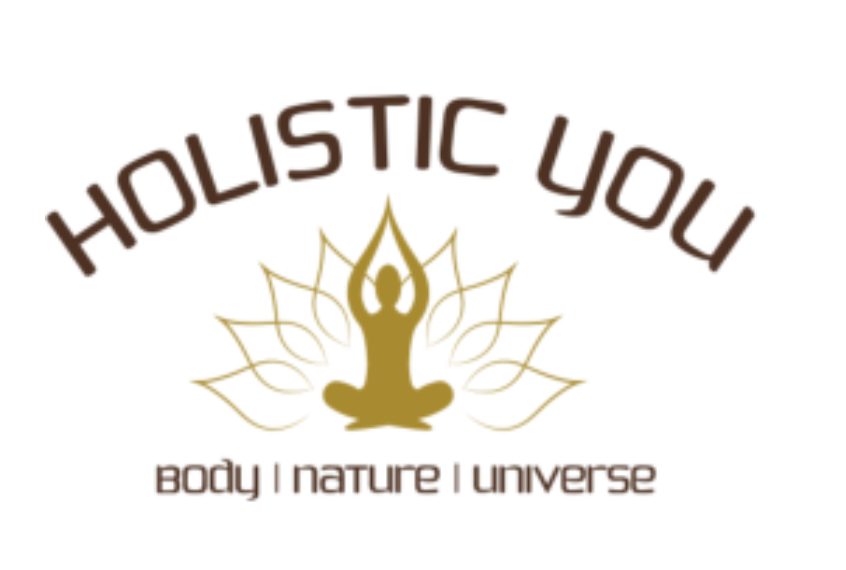

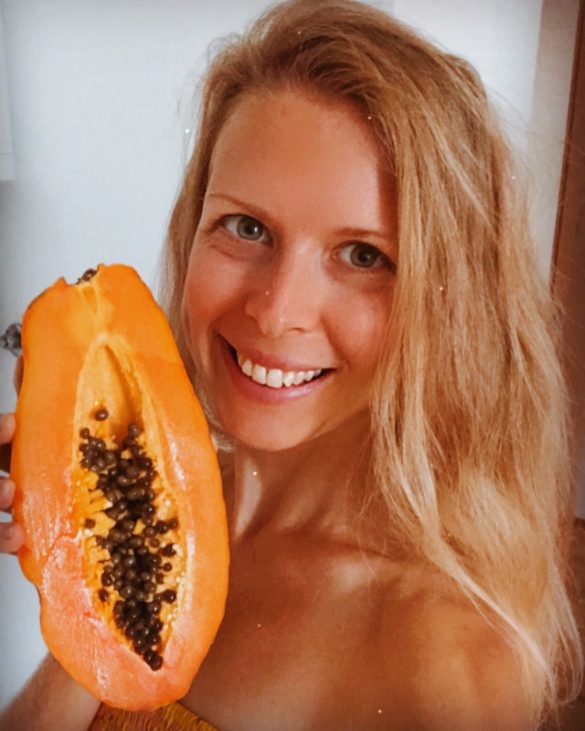
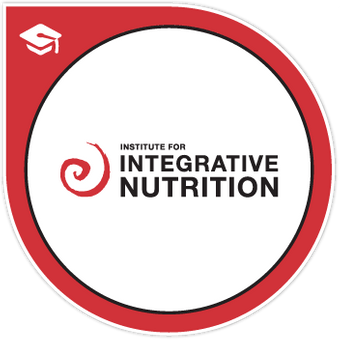

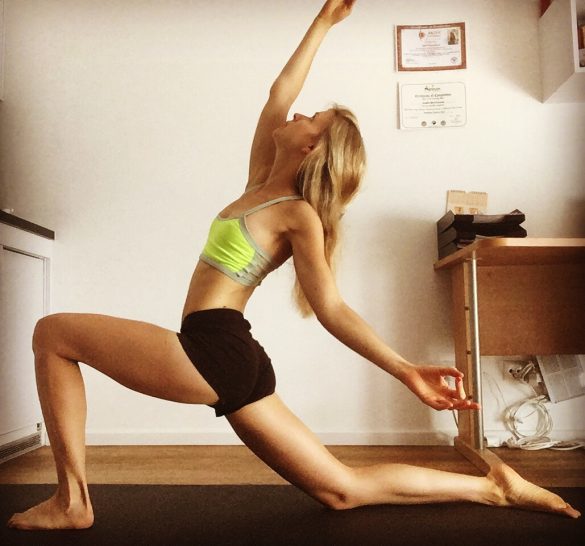
Liebe Isabel!
Du sprichst ein Thema an, dass ich wiederum bestätigen kann. Ich kann aus Erfahrung sagen, dass es für mich Lebensmitteln gab und gibt die ich nicht mag und die mir auch nicht gut tun. Es ist vl nur ein kleiner Tipp zur Orientierung, der Körper spricht ja zu mir in dieser Art. Und ich bin immer wieder für eine Mischkost, das bringt Abwechslung in unsere Ernährung und Anregung etwas Neues auszuprobieren.
Ich drücke dich, deine Mum!
Liebe Mama,
vielen Dank für deine Gedanken zu meinem Artikel. 🙂
Aus eigener Erfahrung und Sichtweise sehe ich unter einigen Mischköstlern keine allzu große Abwechslung in der Ernährung bzw. Offenheit, Neues auszuprobieren. Und ganz häufig sind es ähnliche, nicht sehr nahrhafte Lebensmittel, auf die gewohnheitsmäßig zurückgegriffen wird. Ich persönlich habe durch den Umstieg auf die pflanzenbasierte Ernährung erst mit der kulinarischen Reise angefangen, wobei mir eine Vielzahl an (natürlichen) Lebensmitteln begegnet sind, die ich zuvor noch nicht kannte…
Ich denke, es kommt vielmehr darauf an, wie hoch wir die Ernährung in Zusammenhang mit unserem Wohlbefinden und unserer Gesundheit im Leben priorisieren – unabhängig von der jeweiligen Ernährungs”form”. Schließlich kann sowohl die Mischkost, die vegetarische oder die vegane Kost bewusst, frisch, abwechslungsreich und gesund oder eben einseitig und nährstoffarm gestaltet werden.
Alles Gute & ganz liebe Grüße,
deine Isabel!
I love this topic dear Isabel, it is something a lot of us should read more in to! I enjoy exchanging with you about all the different kind of Doshas – it isn’t difficult to see the connection to one’s own eating habits/lifestyle 😉
Thank you so much, Nour! You’ll definitely find more articles on Ayurveda and its individual approach regarding nutrition on my blog.
It does carry a lot of ancient wisdom, which I want people to know about.
And as you said correctly: Ayurvedic nutrition does reflect our own eating and lifestyle habits. 🙂
Thank you for this lovely comment.
Lots of love, big hug & Namasté, my dearest friend! <3